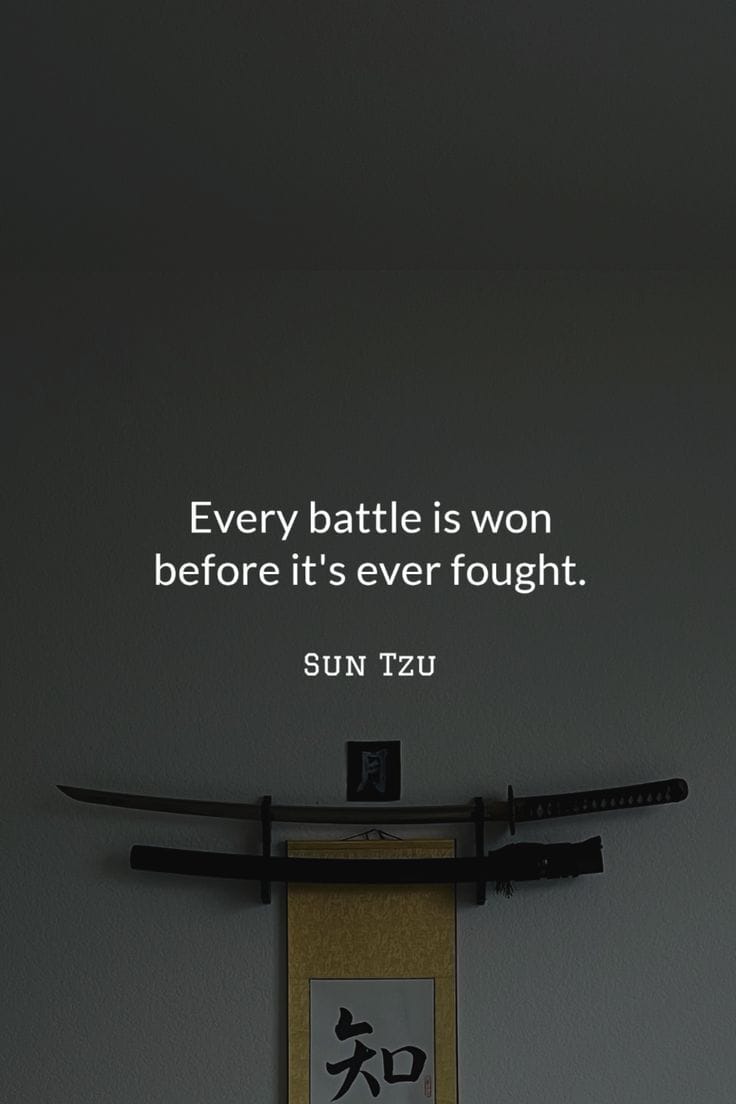“I am not what has happened to me. I am what I choose to become.” - Carl Jung
Strategy is the key to victory.

A sense of worthiness inspires us to be vulnerable, share openly, and persevere. Shame keeps us small, resentful, and afraid.
The secret killer of innovation is shame.

Innovation needs creativity and an environment where chaos can thrive.
Shame is the fear of disconnection.
We are psychologically, emotionally, cognitively, and spiritually hardwired for connection, love, and belonging.
Shame is the fear of disconnection—it’s the fear that something we’ve done or failed to do, an ideal that we’ve not lived up to, or a goal that we’ve not accomplished makes us unworthy of connection. “I’m unlovable. I don’t belong.”

“I don’t deserve love.”
Why Shame Kills Companies
Every time someone holds back on a new idea, fails to give their peer much-needed feedback, and is afraid to speak up in front of a client, you can be sure shame played a part. That deep fear we all have of being wrong, of being belittled, and of feeling less than is what stops us from taking the very risks required to move our companies forward.

You Become Too Scared To Fail
If you want a culture of creativity and innovation, where sensible risks are embraced on both a market and individual level, start by developing the ability to cultivate an openness to vulnerability in your team.
Shame becomes fear. Fear leads to risk aversion. Risk aversion kills innovation.
Shame derives its power from being unspeakable. That’s why it loves perfectionists—it’s so easy to keep us quiet. If we cultivate enough awareness about shame to name it and speak to it, we’ve basically cut it off at the knees.

Let The World Know You OWN Your Ugly. The GOOD and the BAD.
Just like Roosevelt said, when we dare greatly we will err and we will come up short again and again. There will be failures and mistakes and criticism. If we want to be able to move through difficult disappointments, hurt feelings, and the heartbreaks that are inevitable in a fully lived life, we can’t equate defeat with being unworthy of love, belonging, and joy.
If we do, we’ll never show up and try again.
Shame resilience is the ability to say, “This hurts. This is disappointing, maybe even devastating. But success and recognition and approval are not the values that drive me. My value is courage, and I was just courageous. You can move on, shame.”

Bring it on SHAME.
We often use the terms embarrassment, guilt, humiliation, and shame interchangeably. It might seem overly picky to stress the importance of using the appropriate term to describe an experience or an emotion; however, it matters much more than semantics.
How we experience these different emotions comes down to self-talk.
Your Language Creates Suffering
Simply by having words for things, such as depression, can cause you to remember and think about it more.
How do we talk to ourselves about what’s happening?
I am gaining weight and doing a lot of things I suck at. How do I feel about it? Not the best. How am I talking to myself? Not nicely. Do I think it’s bad? Nope.
I am fat (in my eyes) and not doing well in business, and that is okay.
Why? Because I already have a strategy and plan of attack to fix it.
AND THAT IS OKAY.

, and that is okay.
I will be everything I want to be and do everything I set out to accomplish. It won’t happen overnight and that is why I am frustrated.
But who is setting unrealistic expectations for achievement and causing my internal turmoil?
Me. Me. Me.

Get OUTSIDE of yourself.
Why?
Because I’m so focused on me. ME. me.
Again, it is human nature to want to feel worthy of love and belonging.
When we experience shame, we feel disconnected and desperate for worthiness. This is why we are more likely to engage in self-destructive behaviors.
How do you build resilience and give yourself the grace to achieve your goals in life IN SPITE of your emotions or journey to heal your destructive patterns of behavior?

Expose The Deficits In Your Character and Work On Them.
Recognize shame and understand its triggers.
Practice critical awareness.
Reach out to someone who can hold you accountable to your life choices.
Expose it so you don’t allow it to keep you stuck. If you own your story you get to write the ending.

Own That Shit.
Be Proactive In the Words You Use and The Things You Watch/Consume

We compare ourselves to an ideal and find ourselves wanting, even though we are actually doing quite well. We can think we are much worse than others, or that we are much better than others.

Be mindful about the words that you label things as and the content that you choose to consume. Is it serving your future self? Is it improving you in any way?

Bye Bye Things That Do Not Serve My Best Future Self.